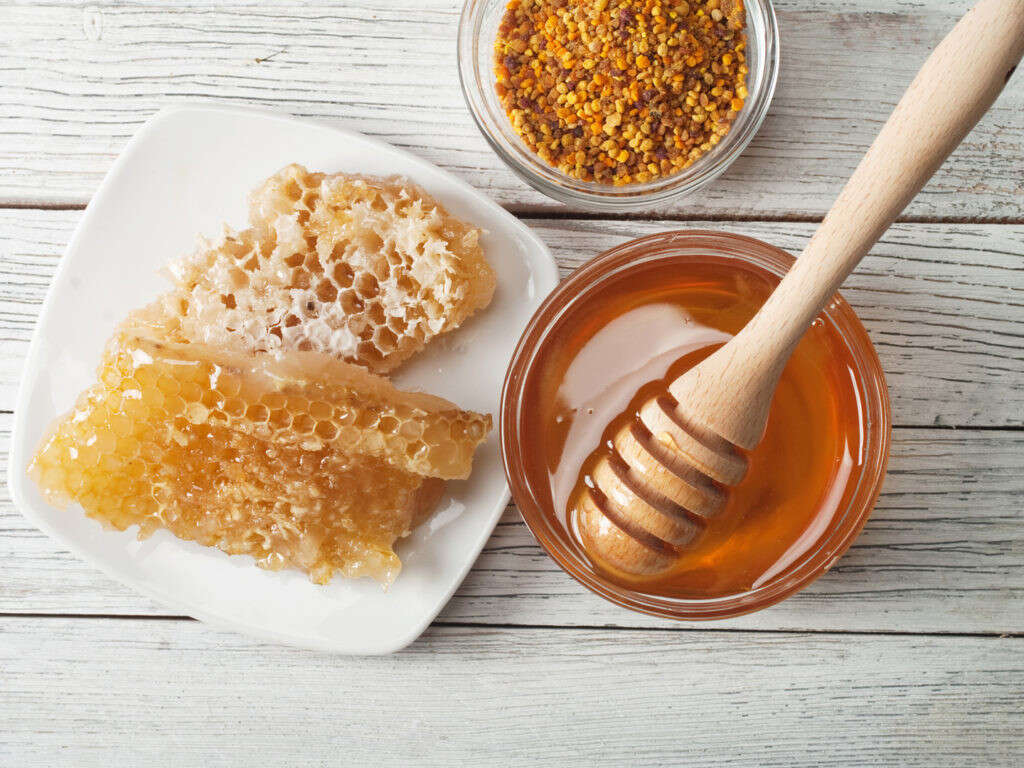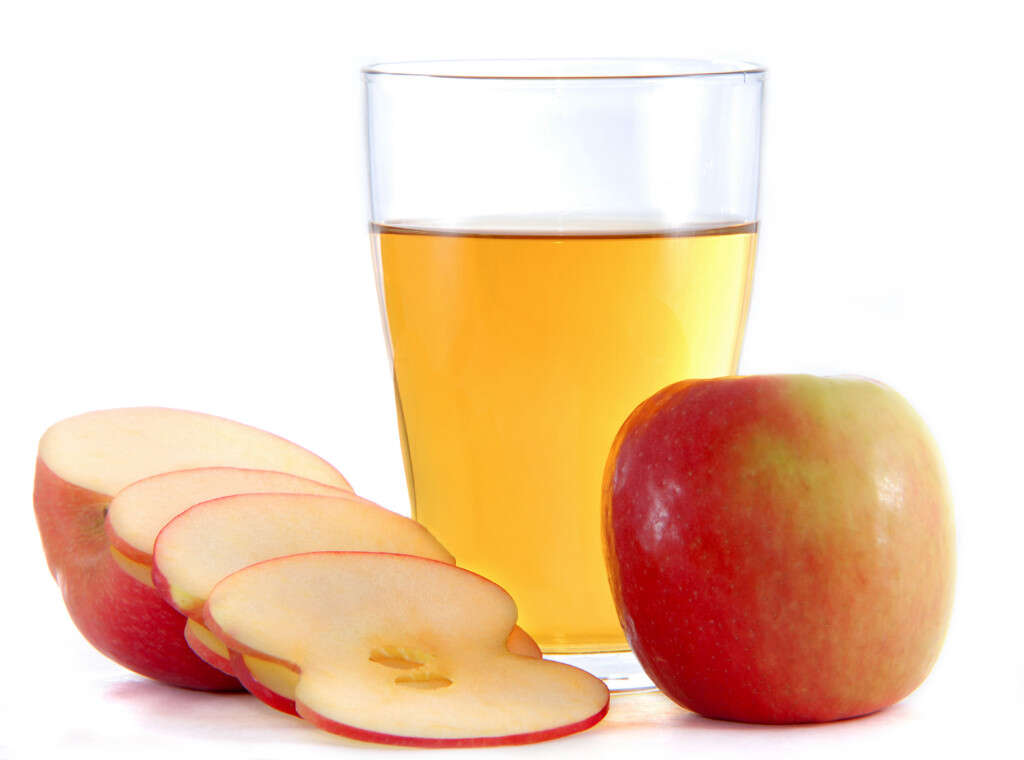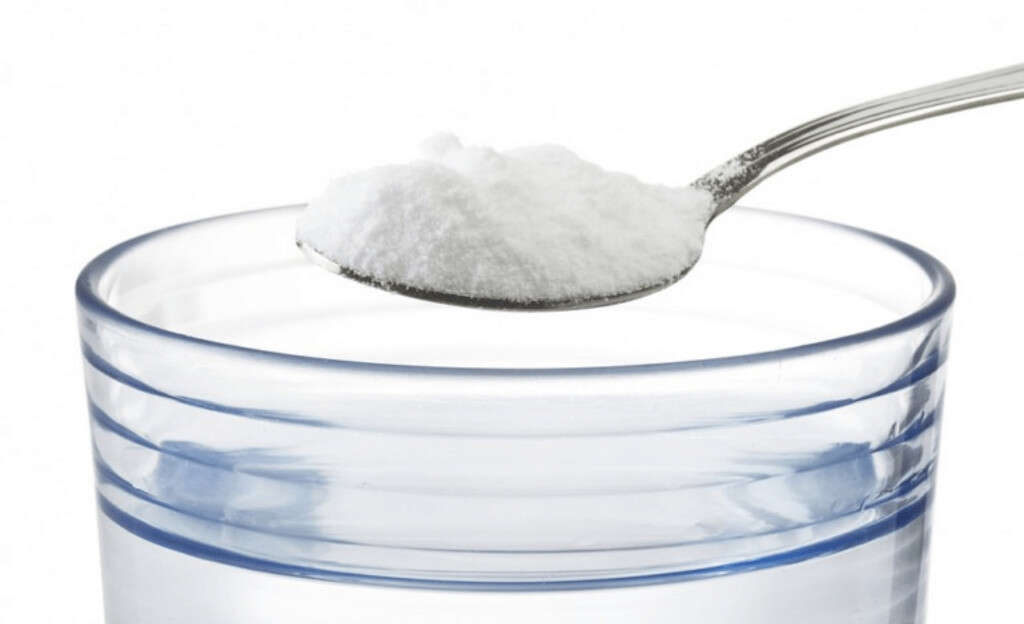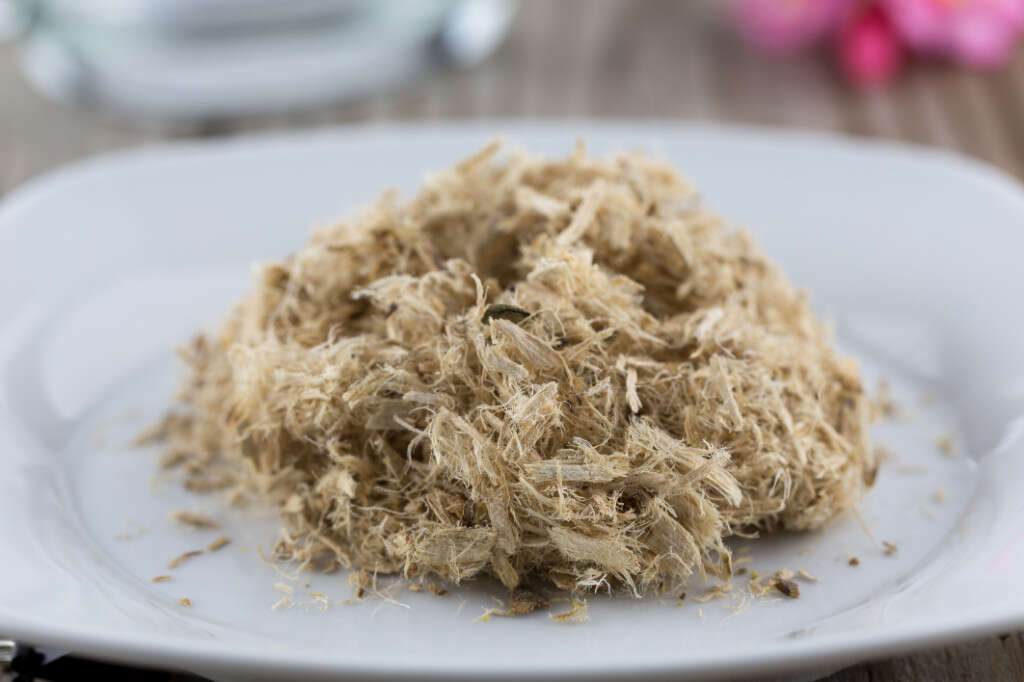10 Home Remedies For Laryngitis
Laryngitis is the inflammation of the larynx or vocal cords. The main cause of laryngitis is irritation due to overuse of the larynx by way of shouting, GERD, or a viral infection. It may also develop as a result of exposure to irritants like smoke, excessive alcohol intake, allergenic substances, and chemical fumes. Laryngitis presents with dryness in the throat, hoarseness, loss of voice, pain when swallowing, scratchiness, and coughing.
Laryngitis causes an irritating or even frustrating feeling, especially when it leads to incessant coughing, loss of voice, and painful inflammation. The first line of managing laryngitis is to identify its cause so that you can avoid it. You may also need to consult with a doctor to determine the extent of damage and the treatment options.
In cases of uncomplicated laryngitis, you can opt to try common self-treatment options right at home. Here are 10 home remedies for laryngitis.

Home Remedy #1: Rest Your Vocal Cords
Your larynx contains your vocal cords. If there is an inflammation in the larynx, it means that your vocal cords are also inflamed, swollen, and irritated. And like every other part of your body, it needs rest and some time to heal. The most basic recommendation when you have laryngitis is that you stay as silent as possible for a few days, and to only talk when it is absolutely necessary.
If you have to talk, avoid straining your voice to be heard or to persuade the people in front of you. Use any amplifying device to help you make your voice louder. Also, if you’re a singer or if you like singing, take a break for a few days because using your voice in this condition can cause more inflammation and worsen the damage.

Home Remedy #2: Apple Cider Vinegar
Apple cider vinegar is one of the most powerful natural remedies known for killing bacteria and fighting infections. Its antimicrobial properties help your larynx to heal faster because it reduces the number of potential infection-causing microorganisms.
There are a few methods that you can use to help your larynx to heal faster. Mix two tablespoons of apple cider vinegar with one tablespoon of honey in a cup of warm water and drink it. You can also add cayenne pepper to enhance its effectiveness. Drink this mixture twice per day until you feel better. Another method is to mix a tablespoon of apple cider vinegar with a cup of warm water and gargle with it several times per day until you feel better.

Home Remedy #3: Honey
Honey is another traditional home remedy for laryngitis besides many other medicinal uses. You can use honey to soothe your inflamed throat because it forms a coating of the larynx, thereby reducing inflammation.
The best way to use honey is to mix it with a cup of water and drink it first thing in the morning. You can also try some warm drinks such as herbal tea with lemon and honey. Extract lemon from half a lemon and mix with honey and a cup of warm water. You may drink it that way or add some cayenne pepper to make it even more effective. Drink the mixture twice daily.

Home Remedy #4: Raw Garlic
Garlic has been a common remedy for a variety of conditions for centuries. It is an effective antimicrobial that kills fungi, viruses, and bacteria that cause irritation, infections, and inflammation. Garlic also inhibits cough and works as a natural expectorant.
You can chew on a clove of garlic and swallow its juice slowly. This reduces the inflammation and irritation of your throat, and forms a coating over the mucous membranes of your throat. Alternatively, you can make a mixture of garlic, apple cider vinegar, and honey and take one to three teaspoons once every 6 hours until your throat feels better.

Home Remedy #5: Ginger Root
Ginger is one of the most popular and effective traditional remedies in the whole world. It has been used for thousands of years to fight infections due to its antimicrobial properties. If you have laryngitis, ginger root is one of the home remedies that you should go to because it has the ability to soothe your inflamed mucous membranes and help your larynx heal faster. Ginger also inhibits dry cough that usually occurs when you have laryngitis.
Pick up some fresh ginger and boil it for about 10 minutes. Leave it to cool, then add some lemon juice and honey to make it taste better. Drink this mixture three to five times per day until your larynx feels better. You may also eat some thin slices of fresh ginger or simply suck on some roots until you feel better.

Home Remedy #6: Gargle Salt Water
Warm salt water has the ability to kill bacteria and reduce inflammation. If you suffer from a sore throat or bad mouth odor, you can give it a try. If you use it for a few days, you will notice some positive change. Salt water supports the healing process in the case of inflamed vocal cords.
But don’t just gargle and spit it out. Keep the salt water in your mouth longer for better results. Mix about half a teaspoon of salt with a glass of warm water. Take a sip and gargle the solution, making it a point to keep it at the back of the mouth. Keep gargling until the water cools down in your mouth then spit it out. Repeat several times per day until your throat gets better.

Home Remedy #7: Humidifier
Dry air that is filled with dust is one of the most common causes of inflammation of the larynx. It may also make the condition worse especially during the cold weather. Besides, during the cold seasons, you are likely to use a heating unit to keep your home or office warm. These units pump dry, warm heat into closed rooms which is a sure way of developing laryngitis, sore throat, and flu. It’s no wonder that these conditions are so common during winter.
To get rid of these conditions or prevent them from affecting you, it is necessary to keep your throat moist. You can achieve this by sipping on water throughout the day and night. But because this is not practical, a cool mist humidifier or vaporizer can help you out. These types of equipment add moisture to the air so that it doesn’t irritate your throat.

Home Remedy #8: Slippery Elm
Slippery elm has many beneficial uses including soothing inflamed throat and inhibiting the cough that accompanies laryngitis. Slippery elm contains mucilage, which upon mixing with water forms a gel that can cover the surface of the throat and soothe the irritation. It also reduces inflammation significantly after using it for a few times. Additionally, slippery elm enhances mucous secretion, which helps to keep the mucus membranes lubricated.
While you can use slippery elm itself, you may alternatively purchase and use slippery elm lozenges. Applying slippery elm topically can also help relieve your sore throat. This remedy for laryngitis should, however, not be used by pregnant or lactating women because it can have adverse effects on babies.

Home Remedy #9: Peppermint Essential Oil
Peppermint oil is usually used to treat laryngitis resulting from allergies. It relieves throat irritation, works as an expectorant, inhibits coughing, and relieves allergy symptoms. It also has the ability to discharge phlegm and reduce the inflammation of the vocal cords. Peppermint essential oil has antispasmodic properties, which are responsible for inhibiting cough and preventing it from irritating your throat.
You can either put a drop or two of peppermint oil into your warm drinks like tea, or apply it topically to your chest and throat. Both methods work perfectly. If you have a cough and laryngitis, peppermint oil can be the perfect natural remedy for your condition.

Home Remedy #10: Throat Lozenges
It was traditional to use candies to treat sore throat. For instance, the Egyptians made honey flavored candies with citrus and used them in 1000 BC. Throat lozenges, cough drops, troche, or cough sweets are used in a similar manner. These small tablets dissolve slowly in the mouth with the aim of inhibiting the cough and soothing the irritated larynx.
Sucking on throat lozenges helps to lubricate the tissues of the throat, which relieves the congestion that results from sore throats. Throat lozenges may contain benzocaine, eucalyptus oil, zinc gluconate, glycine, or pectin. You can also get honey and menthol lozenges, which can be helpful.












